Sponsored Links
D-Day - Last Remaining Normal IPv4 Internet Address Blocks Finally Allocated
Posted: 01st Feb, 2011 By: MarkJ
 The Internet Assigned Numbers Authority (IANA) has today allocated the last two normal /8 IPv4 (Internet Protocol version 4) address blocks to the Asia Pacific Network Information Centre (APNIC). Under the present rules this officially marks the end of new IPv4 address block availability and the remaining five /8 blocks must now be simultaneously distributed to the five Regional Internet Registries (RIRs).
The Internet Assigned Numbers Authority (IANA) has today allocated the last two normal /8 IPv4 (Internet Protocol version 4) address blocks to the Asia Pacific Network Information Centre (APNIC). Under the present rules this officially marks the end of new IPv4 address block availability and the remaining five /8 blocks must now be simultaneously distributed to the five Regional Internet Registries (RIRs).APNIC Statement
Much has been written in the international media over the last few weeks about the dwindling pool of Internet addresses using the original Internet protocol, called IPv4 (Internet Protocol version 4). This week, the Internet Assigned Numbers Authority (IANA) allocated two /8 address blocks to the Asia Pacific Network Information Centre (APNIC).
As such, the Number Resource Organization (NRO), along with the Internet Corporation for Assigned Names and Numbers (ICANN), the Internet Society (ISOC), and the Internet Architecture Board (IAB) will be holding a press conference to make a significant announcement and to discuss the global transition to the next generation of Internet addresses [ED: IPv6].
When: Thursday, 3 February 2011 at 09:30 (UTC -5)
Much has been written in the international media over the last few weeks about the dwindling pool of Internet addresses using the original Internet protocol, called IPv4 (Internet Protocol version 4). This week, the Internet Assigned Numbers Authority (IANA) allocated two /8 address blocks to the Asia Pacific Network Information Centre (APNIC).
As such, the Number Resource Organization (NRO), along with the Internet Corporation for Assigned Names and Numbers (ICANN), the Internet Society (ISOC), and the Internet Architecture Board (IAB) will be holding a press conference to make a significant announcement and to discuss the global transition to the next generation of Internet addresses [ED: IPv6].
When: Thursday, 3 February 2011 at 09:30 (UTC -5)
An IPv4 address is assigned to your computer, or any internet capable device (e.g. Smartphones, ATM machines etc.), each time you go online (e.g. 85.23.56.198). They act like a unique online identifier, made up of four number groupings, and allow you to communicate with other computers around the world; not unlike a phone number.
Sadly IPv4 addresses, which have been used since the early 1980's, only provide a maximum of approximately 4.3 billion addresses. Today's news means that IANA no longer has any free blocks of IPv4 addresses left and it marks the first major step on the way to total IPv4 exhaustion, which could take another couple of years to be completely depleted by the regional registries.
Towards the end of 1996 a solution was finally designed, Internet Protocol version 6 ( IPv6 ), which is not only longer but also more secure by design. These admittedly somewhat ugly addresses are 128bits long, written in hexadecimal and separated by colons.
Example IPv6 AddressSuffice to say that, unlike IPv4, it's rather tough to express the total amount of IPv6 addresses available without resorting to a math expression. However we think that it starts at something around 340 Undecillion. In other words, nobody should be worrying about IPv6 depletion, at least not for quite some time (somebody probably said that about IPv4 too).
2ffe:1800:3525:3:200:f8ff:fe21:67cf
Sadly IPv6 address adoption has been slow to start, with many ISPs and some key router manufacturers only recently waking up to the reality. The simple fact is that, once there are no IPv4's left, adding new connections without compromising performance and possibly even security (e.g. IPv4 address sharing between users) only really becomes possible with IPv6.
Some reports have incorrectly stated that IPv4 and IPv6 cannot work together, which is extremely misleading; if that were the case then you'd have a useless two sided internet. Admittedly IPv4-only and IPv6-only networks don't like to communicate directly and ISPs may need to run parallel networks for a long time, but there are in fact plenty of ways to make them work alongside each other.
To cut a long story short, do you have to worry about IPv4 depletion? NO. At least not yet and not if your ISP has half a brain. It's fair to say that the internet will have to work with both systems for many years to come. However it is possible that those with older computer hardware and software could still experience problems as ISPs slowly transition to IPv6 over the next few years. A lot of older kit simply doesn't understand IPv6, routers in particular, and this could present some problems going forward.
However we anticipate that most ISPs will be competent enough to recognise that the online world as we know it, at least the plumbing underneath, has just changed. Having said that we did ask several big ISPs for a comment on this development yesterday and so far nobody has responded, with TalkTalk in particular refusing to comment.
Test your ISPs IPv6 Readiness
http://test-ipv6.com/
Search ISP News
Search ISP Listings
Search ISP Reviews
Latest UK ISP News
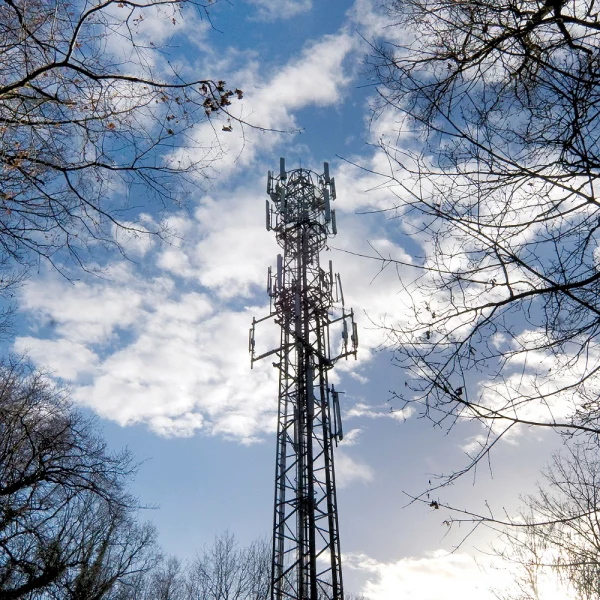
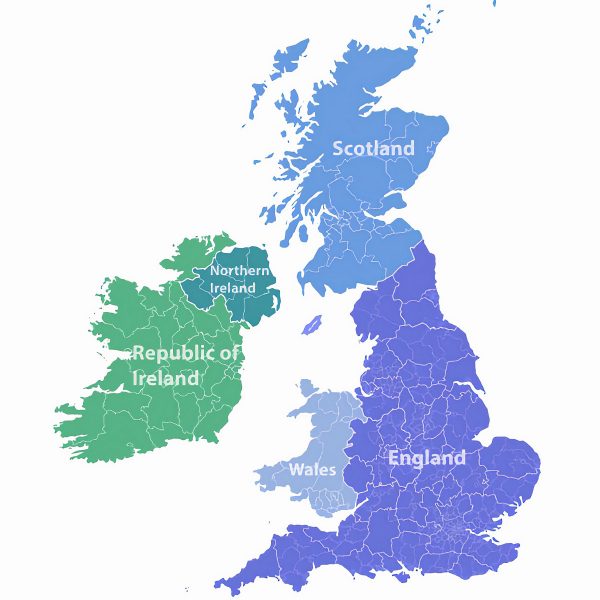
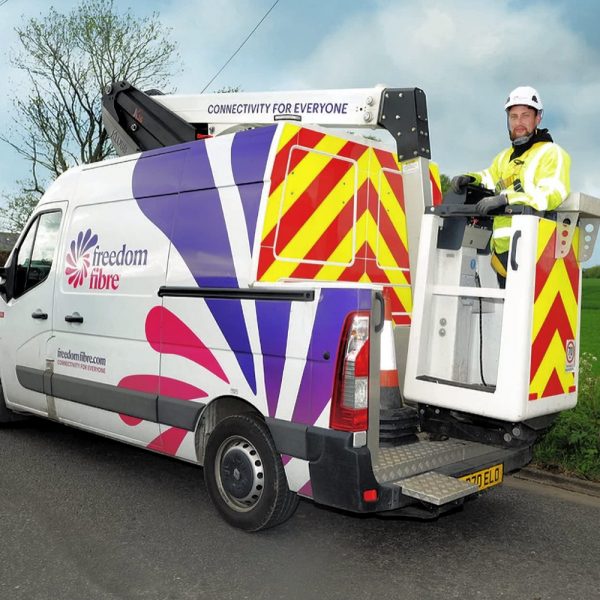
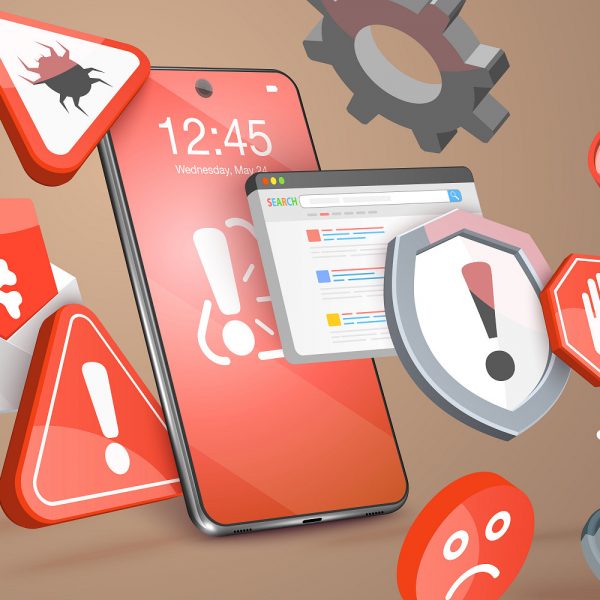

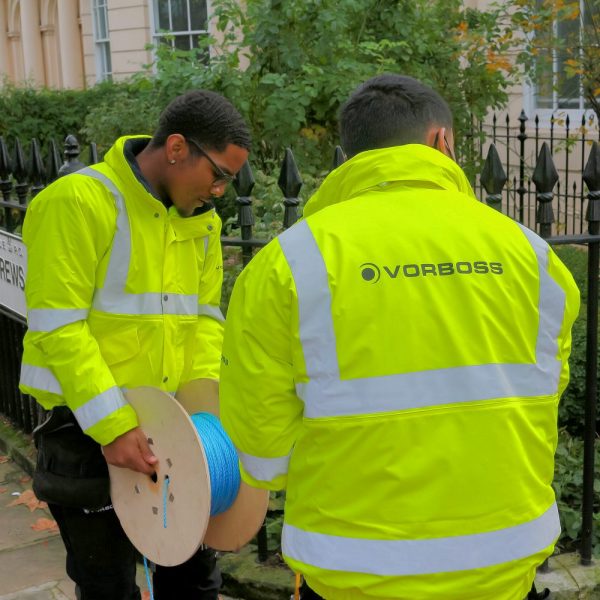
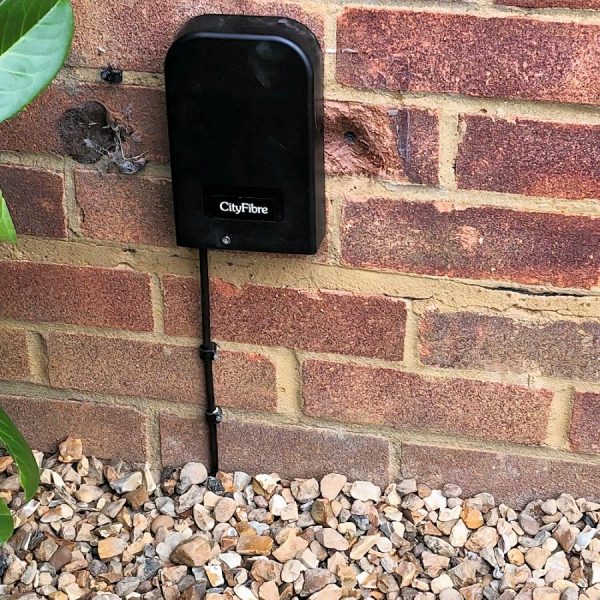
Cheap BIG ISPs for 100Mbps+
150,000+ Customers | View More ISPs
Cheapest ISPs for 100Mbps+
Modest Availability | View More ISPs
Latest UK ISP News
Helpful ISP Guides and Tips
Sponsored Links
The Top 15 Category Tags
- FTTP (5530)
- BT (3518)
- Politics (2542)
- Openreach (2298)
- Business (2266)
- Building Digital UK (2247)
- FTTC (2045)
- Mobile Broadband (1977)
- Statistics (1790)
- 4G (1668)
- Virgin Media (1621)
- Ofcom Regulation (1465)
- Fibre Optic (1396)
- Wireless Internet (1391)
- FTTH (1382)
Sponsored
Copyright © 1999 to Present - ISPreview.co.uk - All Rights Reserved - Terms , Privacy and Cookie Policy , Links , Website Rules

































